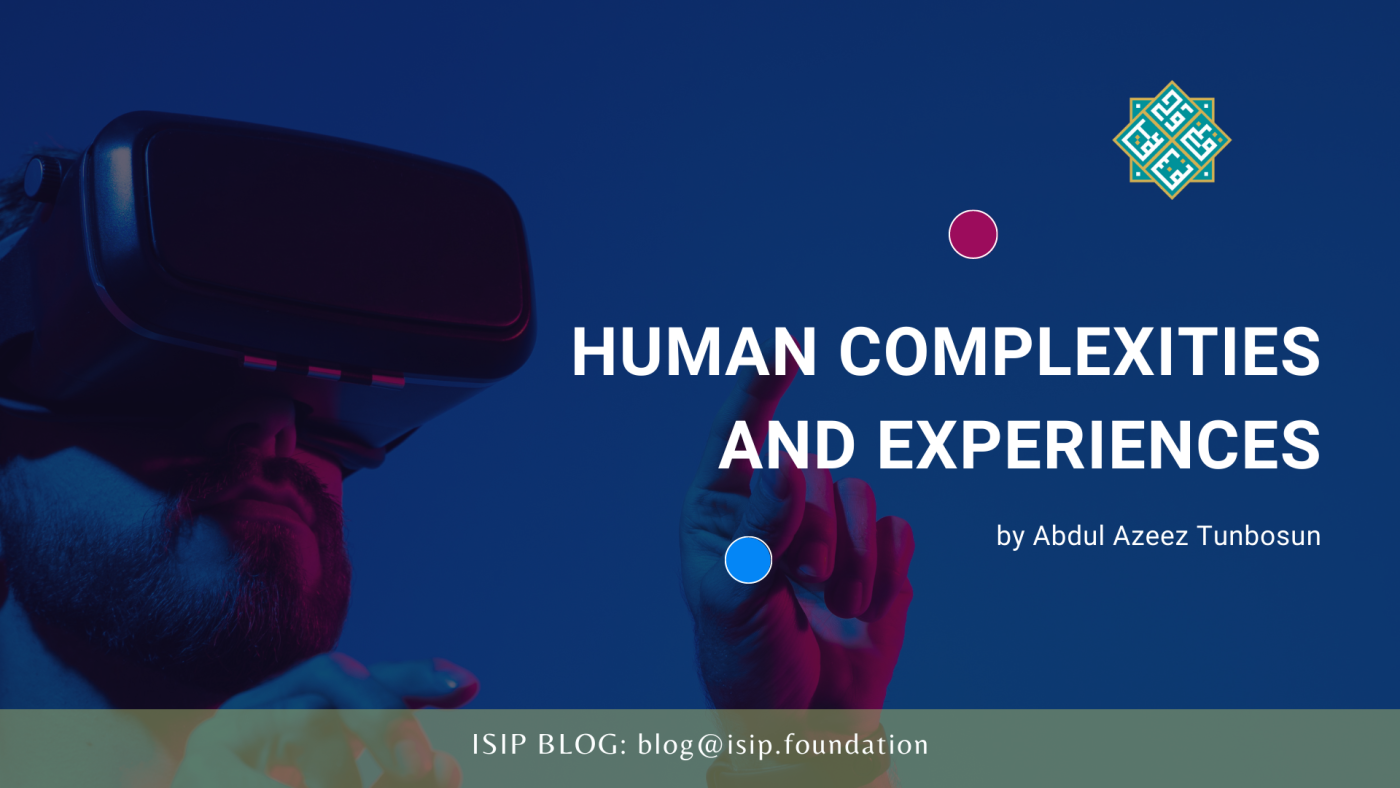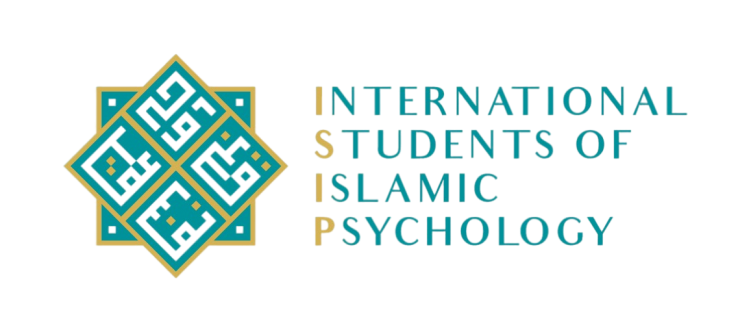
By Abdul Azeez Tunbosun
Reminiscing on some real-life incidents has helped me understand, in a practical sense, humans and the way we operate. The difference between knowing facts about something and directly witnessing or experiencing the thing can be likened to Robots and Humans. The former do not have soulful senses (to listen, touch, smell or see) which means that its senses are only useful for data collection whereas Human senses not only collate data (via the brain) with these senses, they are also inroads to the heart and they have effects on the soul which make a distinct and unparalleled difference. This means that Humans can be influenced by various external and internal factors, physical and metaphysical, depending on one’s current state and position in the cosmos. Isn’t it weird? We have somehow normalised that potential with little or no reflection.
The Human composition of body and spirit is full of life; the skin is not like plastic or metal or any other processed substances moulded to form the robot. The skin is organic; its cells undergo changes every moment relative to the ecosystem and many other factors. On the other hand, a robot won’t grow or change beyond how it has been pre-moulded or programmed. This complexity in humans makes them very delicate and unpredictable. The key to this “misery” is to first accept our limitations by acknowledging the Creator behind this complexity. Most of the confusion we have today from the micro to macro level is “our attempt” to remove God from the equation (consciously or unconsciously) while trying to comprehend the things happening around us. When we limit our judgement to the data before us, we Humans begin imitating Robots.
I had an interesting experience which helped me understand, in practical terms, what justice truly means relative to Humans. Consciously or unconsciously, we all have the natural instinct of knowing fairness and justice. In our daily transactions, we do our best to make the best of choices and decisions. Sometimes we may luckily be satisfied with our actions and other times the results are not as expected. Another known fact is that one’s decisions are incomprehensible and insensate to others, even within the same family. This is because, at the time of processing the decision, the data before the individual are different, along with the world-view, cultural upbringings, environment, body composition, transposition, personality (of how we respond to our social and ecosystem), emotions and many more in our baggage of life and without the exception of our celestial composition. We act based on all of these constituting factors that present themselves in various forms; in different conditions and places, yielding spontaneous and unique results in every moment. This explains the fact that what applies to person A will not exactly apply to person B and to all the billion human beings at every moment. Therefore, human justice or judgement will always be relative to those circumstances. This is why rules and laws are essential to unify the human system of living and control excesses. And above all, every human needs a guide and guidance from laws or those who are well informed, and who have passed through the experiences.
Where there are no rules and laws, there will be lawlessness. When there are no guides or manuals on how to obey the law, people will misunderstand the rules and laws. In the Islamic worldview, there is a universal law; the manual is the Qur’an; our universal guide, our mentor, is Prophet Muhammad (SAW).
Allowing Humans to just operate based on their complexities, we will all behave the way we feel and think it’s okay, whether appropriate or not since the defining factor will be relative to everyone’s knowledge and experience. It will lead to chaos, confusion and disagreements. Maybe we can trace or relate the root of all chaos and confusion to this concept. Awareness of these complexities in Humans does not guarantee giving excuses for every type of human action. Sometimes you have to speak up and do something to avoid evil based on your worldview and the natural order of creation. Maybe someone will listen to you or the person you are directing your action to will understand it. Other times, you just need to watch and remain quiet. Another complexity is the fact that there is no standard as to how and when to act or not to act.
However, this Human complexity becomes simplified when we accept that the Creator is in charge and we accept His defining factors. When we stop thinking based on only the facts of data or information at our disposal and allow all our senses to experience the moments and influence our hearts, we can be the Human who knows their limits, the Human who follows the rules & laws and be one who seeks the Creator. Now, we can be guided!
The beginning and end of our story are Allah; All-knowing, The Just, Everliving, the First without Beginning, the Last without End, the Only ONE devoid of Need, He is Incomprehensible. Glory be to Him, the Exalted One.

JazakumAllah Khairun Br. Abdulazeez! The complexity of the human being reminds me of the ayah in the Quran, Surah Fussilat verse 53, “We shall show them Our signs in every region of the earth and in themselves, until it becomes clear to them that this is the Truth.” So if we contemplate our complexities we get a glimpse of how incredible our Creator truly is.
Mashallah! 👍 Such a thought provoking reflection.
“Human complexity becomes simplified when we accept that the Creator is in charge and we accept His defining factors.” This is so true subhanallah.
If we accept our purpose of creation and put trust in Allah swt for everything, life will indeed become simple and easy.
“Verily we belong to Allah and verily to Him we return “
Mash Allah, a deeply reflective tawakul-filled narrative. “and be one who seeks the Creator. Now, we can be guided!”